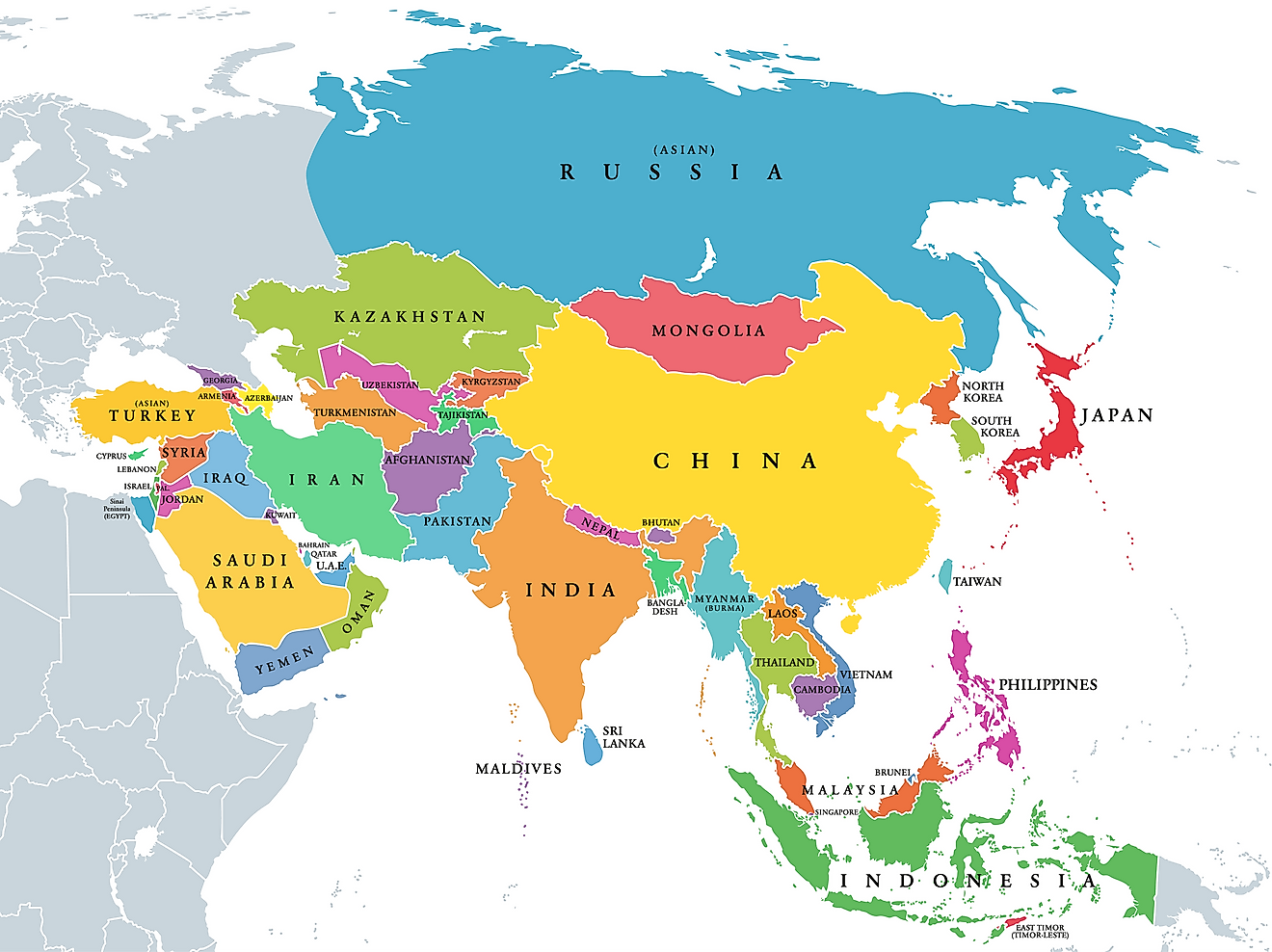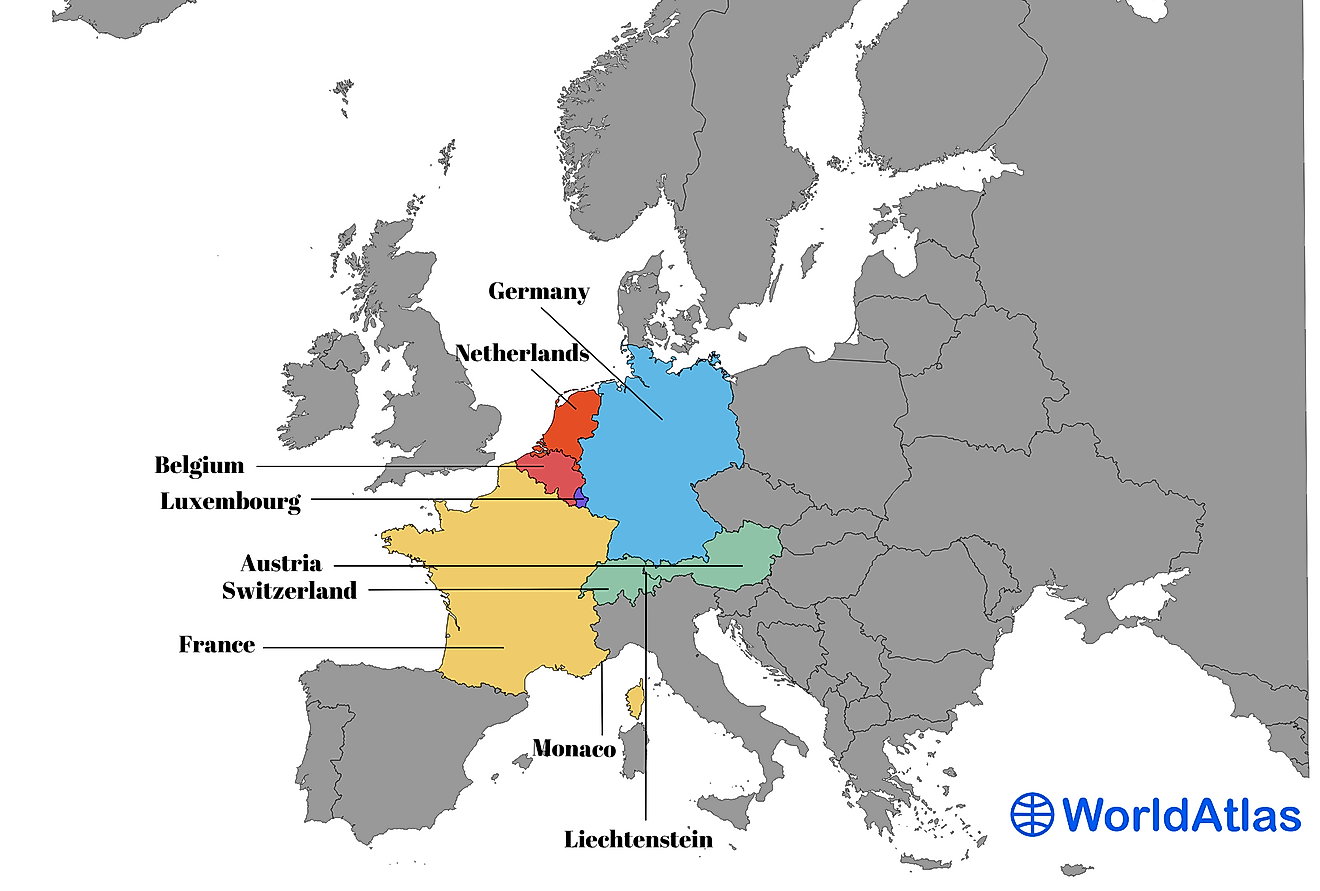What Was Ceylon?

Ceylon was the name of an independent nation that existed from 1948 to 1972 in the region that is now the present-day Democratic Socialist Republic of Sri Lanka. The island state was located some 19.3 miles off India’s southern coast. In its time, Ceylon was a part of the Commonwealth of Nations that had the same monarch with countries such as the United Kingdom, Australia, Canada, New Zealand, and a number of other sovereign states. The former country became an independent country on February 4, 1948, after it was granted independence from the British. On May 22, 1972, Ceylon became a republic and changed its name to Sri Lanka.
Independence
The pressure for Ceylon’s independence increased after the conclusion of World War II. Following the Ceylon Independence Act of 1947, the region gained independence in 1948. However, the British retained some of their air and sea bases as well as occupying senior army roles. These bases were removed in 1957, which was a move aimed towards ensuring that Ceylon was not aligned to any country. This removal was important because this perceived alignment with the British was what denied Ceylon entry to the United Nations even after independence as the British elite still had a lot of power. After going through a number of challenges such as corruption and poor leadership, reforms in the nation took hold in 1972 when the current constitution was adopted and the country became a republic.
Government
The country was led by a constitution that recognized a parliamentary democracy of a bicameral nature. The two houses under the bicameral system were a Senate (the upper house) and a House of Representatives, which was the lower house. The British monarch headed the Senate although a governor general, who was mostly ceremonial, acted as the representative of the monarch. After independence, the governor general became a representative of Ceylon, not the British monarch. The head of the government was a prime minister. Unfortunately, the government had several issues. Key among these issues was the fact that the government only represented the elite of the population, which were mostly English people. This poor representation was the cause of plenty of riots by the majority of the Sinhalese and Tamil people.
Economy
The main sector, as was the case for most countries at that time, was agriculture. The region’s main exports included produce like tea, coconuts, and rubber. In 1965, the country was the leading exporter of tea after exporting around 220,462 tons in that year. Unfortunately, a decrease in the prices of rubber and tea coupled with an increasing population led to a decrease in the profits from the two products.
The official currency of the country was the Ceylon Rupee, which developed from the Indian Rupee. Eventually, the Currency Board (under the monetary structure of India) that had been set up in 1872 was replaced by the Central Bank of Ceylon in a bid by the government to have more regulation over the currency. As of 1996, the Ceylon Rupee had equal valuation with the Indian Rupee. In the same year, one dollar was equal to 4.76 rupees.











